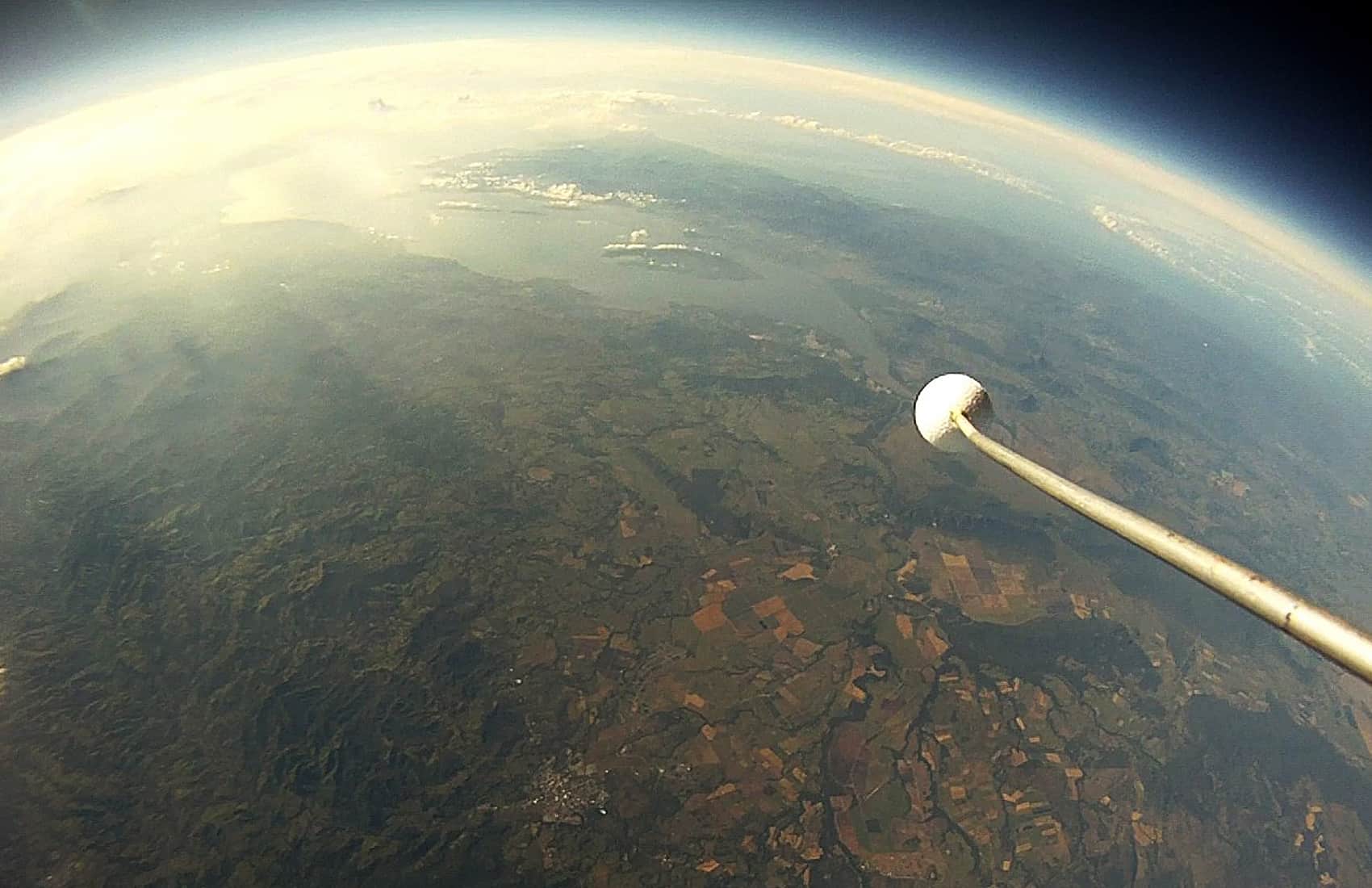Costa Rica in March will host the workshop on Human Space Technology of the United Nations Office for Outer Space Affairs (UNOOSA). The event will gather, for the first time in Latin America, some 200 attendants March 7-11.
The event will include experts in space technologies, astronauts and cosmonauts and space agency officials from all over the world. They will discuss recent achievements and efforts in human space technology, scientific and research activities, education and international cooperation.
Participation in the workshop is free, but it is restricted to people with a college degree and with previous experience or demonstrated interest in issues to be discussed, among them: national, regional and international space programs, microgravity science, education development, manned spaceflight and exploration, space industry and marketing; environmental issues and natural hazards; and low-cost experiments in elementary physics.
Ticos or Costa Rica residents interested in presenting their research or scientific papers at the workshop must register and apply for an invitation at UNOOSA’s website by Sunday, Jan. 31. A panel of experts will select the candidates who will be part of the event, which will take place at the Crowne Plaza Hotel in San José.
Experts from the Costa Rica-based Central American Aeronautics and Space Administration (ACAE), one of the local organizers, are hoping the workshop will allow participants to share their recent achievements and efforts in human space technology, their scientific and research experiences, as well as their experience in education promotion and international cooperation.
Costa Rica in the aerospace industry
UNOOSA selected Costa Rica to host the HST workshop following a proposal in 2014 presented by Tico scientist and former NASA astronaut Franklin Chang Díaz.
Chang’s company Ad Astra Rocket is also part of the organizing group, along with the Costa Rican government, ACAE and local NGO Estrategia Siglo XXI.
Ad Astra Rocket currently develops various space technology projects for NASA, most notably the VASIMR engine, considered one of NASA’s top options for the first manned mission to Mars. The VASIMR plasma engine made headlines recently as the technology used by spacecraft in Ridley Scott’s latest film “The Martian.”
ACAE experts are also working on space technology projects, including the launching of the first Central American satellite and a mission to send samples of the hardened forewings of Tico jewel scarabs to the International Space Station in order to evaluate the potential for replicating the material for coating satellites and other space equipment.
Costa Rica in October was officially accepted as a full member country of the International Astronautical Federation.






